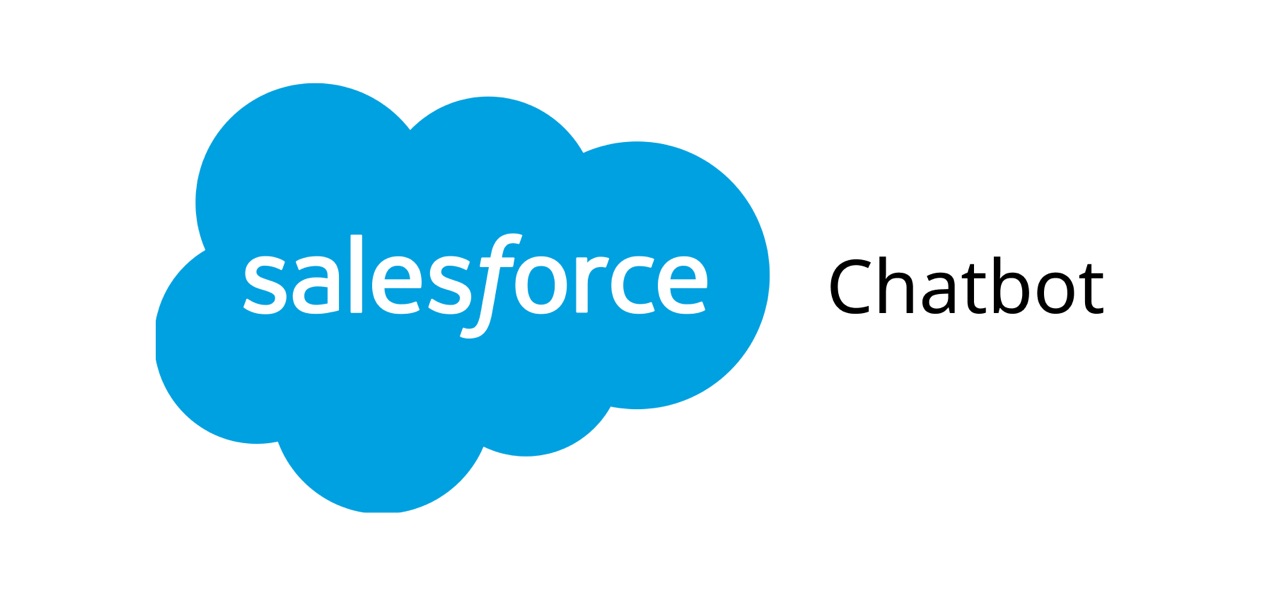Salesforce integrates Einstein GPT to Flow—an update marketers must pay attention to!
Published: April 20, 2023

Salesforce announced the integration of its CRM generative AI assistant, Einstein GPT, and its CRM data platform, Data Cloud, with Flow, the company's automation toolbox.
The CRM giant stated that by combining these capabilities, it hopes to help organisations adapt faster to their customers' online behaviour and generate more personalised experiences more easily and quickly.
It’s really the culmination of a lot of different work we’ve been doing in different domains coming together. And it’s really just a powerful end-to-end stack.
Liam Doyle,
Senior VP, MuleSoft Automation
Einstein GPT for Flow:
Basically, Einstein GPT works by blending public and private AI models with CRM data so that users can directly ask conversational questions within Salesforce CRM.
Now, the new integration combines this generative AI text-based interaction to generate a workflow with little or no code by simply entering an action the system should take.
For now, this means that if the workflow is simple, the programme will create it spontaneously, but more complex ones may require the assistance of a human programmer.
Data Cloud for Flow:
Data Cloud, formerly Genie, is a storage platform that keeps customer profiles up-to-date in real time and smooths the way for highly personalized customer experiences delivered in real-time.
After powering flow with data clouds, users can utilize them to implement automated, detailed workflows and direct actions triggered by real-time events in customer profiles.
Data Cloud integration will most likely be available in a standard Salesforce subscription. For Einstein GPT for Flow, the company may incur an additional fee, but the specifics have not been determined.
Salesforce intends to launch the Einstein GPT for Flow pilot in late summer. Data Cloud for Flow features will most likely be generally available from June through early fall.
How does the Salesforce move make marketers' lives easier?
With the innovation around AI exploding in recent months, tech giants are even more aggressively experimenting with AI technology and trying to establish their foothold in this space.
In this context, Salesforce's new move with generative AI integration demonstrates how seriously the company is leveraging AI technologies to enhance its overall customer experience.
Now, for marketers, it is indeed a welcome move. Here are a few reasons why we believe the generative AI integration into its flow is huge for marketers,
Accomplish more work in less time:
As the AI-driven workflow simplifies the construction of workflows, it will free up a significant amount of time for marketers. Be it any kind of work flow marketers intend to create, simply by describing it in words, they will be able to create it easily and quickly.
Besides, it eliminates the need for them to seek out sub-flows and invocable actions like earlier. This way, it will help marketers complete more work in a relatively shorter amount of time.
Lowers barriers for marketers:
As the technical process becomes simpler, we believe that the generative AI integration in flow will considerably lower the barrier for marketers and non-technical users.
Without having to depend on IT teams, marketers will get the ability to automate even complex workflows and make changes to the process whenever needed. As a result, it can possibly allow marketers to complete the intended tasks earlier and help them move on to the next task without spending too much time on workflow creation.
Enhance customer experience:
Reaching customers at the right time is crucial for any business looking to increase the likelihood of a successful sale and of repeat business.
With the data cloud already helping companies’ unify their data in real-time into a single, real-time customer profile, its integration into Salesforce's flow will give marketers the ability to provide a personalized experience to their customers.
That is, depending on the customer’s every action throughout the journey, marketers will be able to generate and implement workflows at a fast pace. As a result, marketers can better personalize their messaging to meet their needs and improve the customer experience.
Overall, in our opinion, the new capabilities of flow will give marketers and businesses more power to achieve better results in a relatively shorter time than before.










Be the first one to comment.